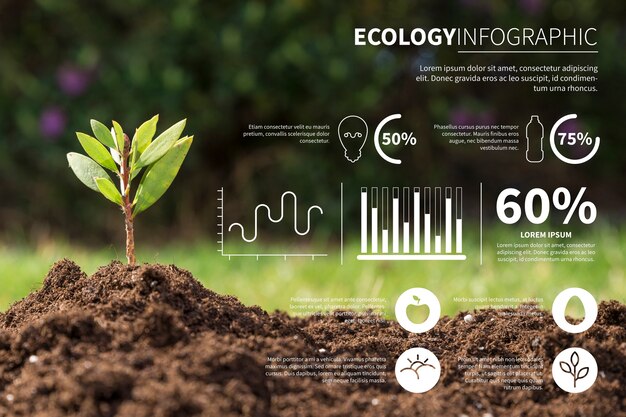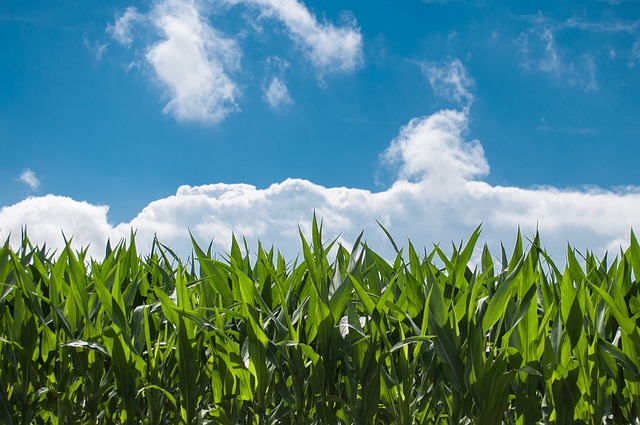Table of Contents
ToggleThe Importance of Government Support for Organic Farming in 2025
Organic farming is more than just a growing trend—it represents a future of agriculture that is environmentally friendly, sustainable, and healthier for both consumers and farmers. As we approach 2025, the importance of government support for organic farming has never been more critical. In this blog post, we will explore why government backing is essential for the growth and success of organic farming in the coming years and how it can positively impact the economy, environment, and food systems at large.

The Growing Demand for Organic Products
In recent years, there has been a significant increase in consumer demand for organic products. People are becoming more aware of the harmful effects of conventional farming practices, which often rely heavily on pesticides, chemical fertilizers, and other synthetic additives. Organic farming, on the other hand, focuses on sustainable practices such as crop rotation, composting, and biological pest control. The result is a more nutritious and environmentally friendly product.
As consumer preferences continue to shift toward organic food, governments worldwide need to recognize the importance of organic farming and provide the necessary support to meet this demand. Without adequate government assistance, it will be challenging for farmers to transition to organic methods, especially when the initial investment in organic certification and infrastructure can be expensive.
The Role of Government Support in Transitioning to Organic Farming
Government support plays a crucial role in helping farmers transition from conventional to organic farming methods. In many cases, farmers are reluctant to switch to organic farming because of the perceived financial risk. Organic farming requires different farming practices, and the shift can be financially burdensome. Governments can mitigate this by offering financial incentives, grants, or subsidies that make the transition more financially viable.
In addition to financial support, governments can also provide education and training programs to help farmers understand the benefits and techniques of organic farming. This kind of support ensures that farmers are well-equipped to make the transition successfully and are knowledgeable about organic practices that promote soil health, water conservation, and biodiversity.

Environmental Benefits of Organic Farming
One of the most compelling reasons for government support for organic farming in 2025 is the environmental benefits that it offers. Conventional farming practices are a leading cause of environmental degradation, including soil erosion, water pollution, and loss of biodiversity. The heavy use of synthetic chemicals in conventional farming not only harms the environment but also affects human health by contaminating the food chain.
In contrast, organic farming practices emphasize ecological balance and the use of natural resources in a way that preserves the environment. For example, organic farms tend to have healthier soil, less water contamination, and greater biodiversity. By supporting organic farming, governments can contribute to reducing the harmful impact of agriculture on the environment and move towards a more sustainable future.
As we approach 2025, the urgency of environmental sustainability will increase, and organic farming will be at the forefront of addressing climate change and environmental degradation. Governments need to prioritize policies that encourage organic farming to protect ecosystems and help mitigate the adverse effects of conventional farming.
Economic Advantages for Rural Communities
Beyond environmental benefits, organic farming can provide significant economic advantages to rural communities. Organic farms often require more labor than conventional farms, which creates job opportunities in local communities. Additionally, organic farmers can fetch higher prices for their products, which can lead to increased profitability.
For governments, investing in organic farming is an investment in the future of rural economies. By supporting organic farming, governments can boost local economies, create jobs, and support sustainable agricultural practices that benefit both farmers and consumers. This economic advantage is especially important in rural areas where farming is often the primary source of income.
Furthermore, by fostering a robust organic farming sector, governments can reduce their reliance on imported food, increasing food security and self-sufficiency. This is particularly relevant in times of global uncertainty, such as the COVID-19 pandemic, when supply chains are disrupted, and local food production becomes more important than ever.

The Role of Policy in Promoting Organic Farming
For organic farming to thrive in 2025, governments must adopt policies that actively support its growth. These policies should include:
1. Financial Incentives: Offering subsidies, grants, or tax incentives to organic farmers can make the transition more feasible for those who are hesitant to make the switch. Such financial support can help offset the initial costs of organic certification and infrastructure improvements.
2. Research and Development: Governments should fund research into organic farming practices, focusing on innovations that can increase yields, improve pest control, and enhance sustainability. By supporting research, governments can help organic farmers become more efficient and competitive.
3. Marketing and Education: Governments should invest in marketing campaigns that educate consumers about the benefits of organic products. Increased consumer awareness will drive demand, creating a positive feedback loop that encourages more farmers to adopt organic practices.
4. Infrastructure and Support: Governments can also invest in the infrastructure needed to support organic farming, such as organic certification programs, distribution networks, and farmer support services.
By implementing policies that address these areas, governments can create a thriving organic farming industry that benefits farmers, consumers, and the environment.

Conclusion: The Path to a Sustainable Future
The importance of government support for organic farming in 2025 cannot be overstated. As demand for organic products continues to rise, governments must take proactive steps to support the transition to organic farming. This support will not only help farmers adopt sustainable practices but will also contribute to the health of the environment and the well-being of rural communities.
Governments worldwide have the opportunity to lead the way in promoting organic farming by providing financial incentives, research, education, and policy support. By prioritizing organic farming, governments can help create a more sustainable and resilient food system, one that benefits everyone—farmers, consumers, and the planet.
In conclusion, the importance of government support for organic farming in 2025 is a critical issue that requires immediate attention. Governments must take bold action to ensure that the organic farming sector thrives in the coming years. By doing so, they will be paving the way for a healthier, more sustainable future for all.
